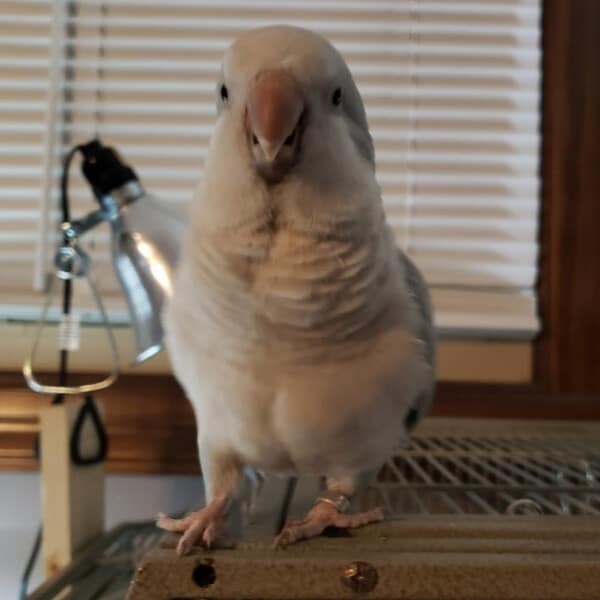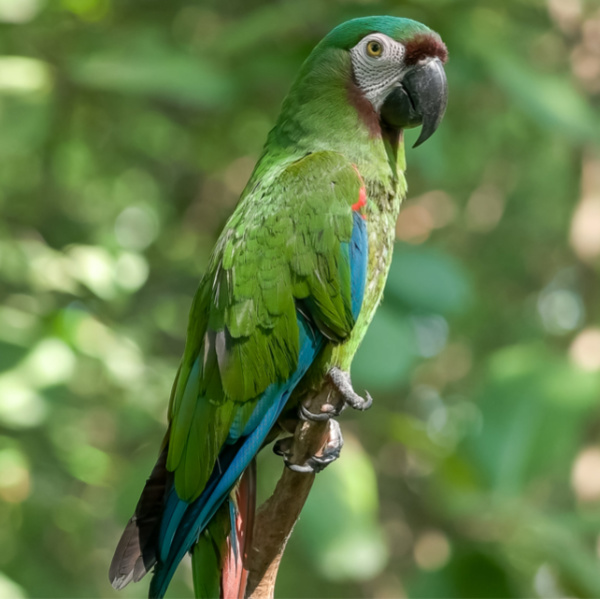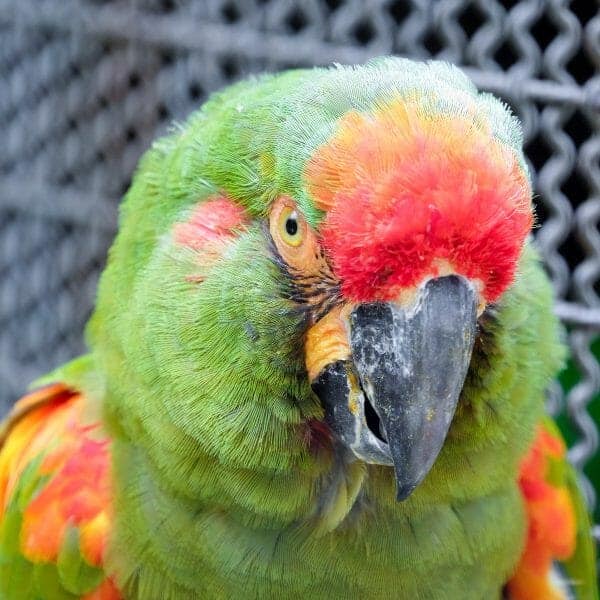Last Updated on by Catherine Tobsing
Quaker parrot birds, also known as Monk Parakeets, have quickly become a favorite among pet bird enthusiasts.
With their playful personalities, vibrant colors, and impressive intelligence, these small parrots offer endless entertainment and companionship.
What Makes Quaker Parrot Birds Special?
Quaker parrots are unique not only for their charming personalities but also for their incredible intelligence and ability to mimic human speech.
These sociable birds form strong bonds with their owners and often display affectionate behavior, making them ideal companions.
Caring for Your Quaker Parrot Bird
Proper care is essential to ensure your Quaker parrot remains healthy and happy.
- Diet: Provide a balanced diet consisting of high-quality pellets, fresh fruits, vegetables, and occasional seeds. Avoid avocados, chocolate, and caffeine, as these are toxic to parrots.
- Housing: Quaker parrots require spacious cages with ample room to climb, play, and explore. Include toys, perches, and ladders to stimulate their active minds and prevent boredom.
- Social Interaction: Regular interaction and mental stimulation are crucial. These birds thrive when they receive plenty of attention and daily playtime outside their cage.
Common Behaviors of Quaker Parrot Birds
Understanding your Quaker parrot’s behavior can enhance your relationship and prevent common issues:
- Mimicking and Vocalizations: Quaker parrots are excellent talkers, capable of learning extensive vocabularies. However, they can also be noisy, so consider your living situation before bringing one home.
- Nest-Building: Unique among parrots, Quakers build elaborate nests using twigs and other materials. Providing safe materials can encourage this natural behavior.
- Territorial Tendencies: Quaker parrots can become territorial around their cage or favorite person. Regular training and socialization can minimize aggressive behaviors.
Health and Lifespan of Quaker Parrot Birds
With proper care, Quaker parrots can live up to 25-30 years, making them long-term companions. Regular veterinary checkups, a balanced diet, and clean housing are vital for maintaining their health. Common health issues to watch for include feather plucking, respiratory infections, and obesity.
Legal Considerations for Quaker Parrot Birds
Interestingly, Quaker parrots are restricted in some states due to their potential impact on local agriculture. Before adopting one, ensure you verify your state and local regulations.
Why Quaker Parrot Birds Are Perfect Pets
Quaker parrots’ intelligence, affectionate nature, and entertaining behaviors make them ideal pets for families, singles, and seniors alike.
With commitment and proper care, they will offer years of companionship and joy.
Considering adopting a Quaker parrot bird? Prepare for a lively, loyal friend who will bring endless happiness into your home.
Written by Mitch Rezman and the Windy City Parrot Content Team
Author Profile
Latest entries
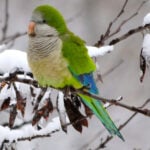 The Traveling BirdJune 26, 2025Can You Name 5 Parrot Species That Are Living Wild in the USA?
The Traveling BirdJune 26, 2025Can You Name 5 Parrot Species That Are Living Wild in the USA? Bird BehaviorJune 26, 2025How is it Parrots Are Problem Solvers Social Animals and Even Use Tools?
Bird BehaviorJune 26, 2025How is it Parrots Are Problem Solvers Social Animals and Even Use Tools?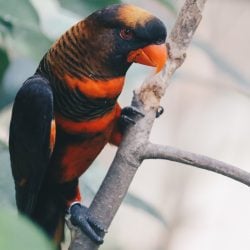 Bird & Parrot AnatomyJune 25, 2025How a Tiny Chemical Modification Makes Parrots Nature’s Living Paintings
Bird & Parrot AnatomyJune 25, 2025How a Tiny Chemical Modification Makes Parrots Nature’s Living Paintings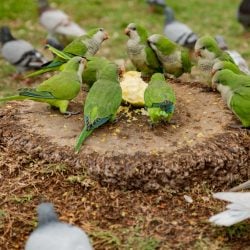 PigeonsJune 20, 2025How Do Parrots Thrive in Cities Outside Their Native Habitats?
PigeonsJune 20, 2025How Do Parrots Thrive in Cities Outside Their Native Habitats?
